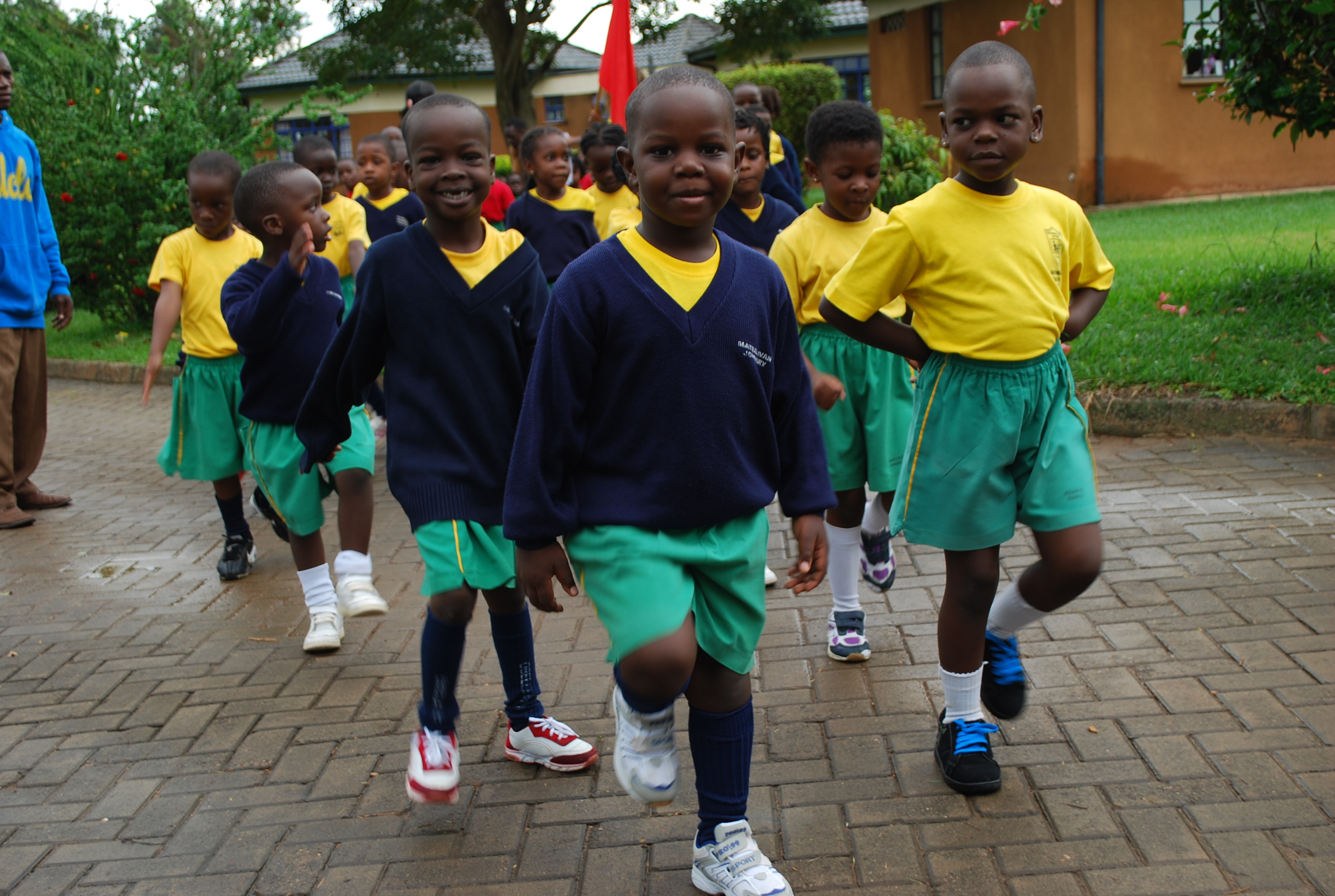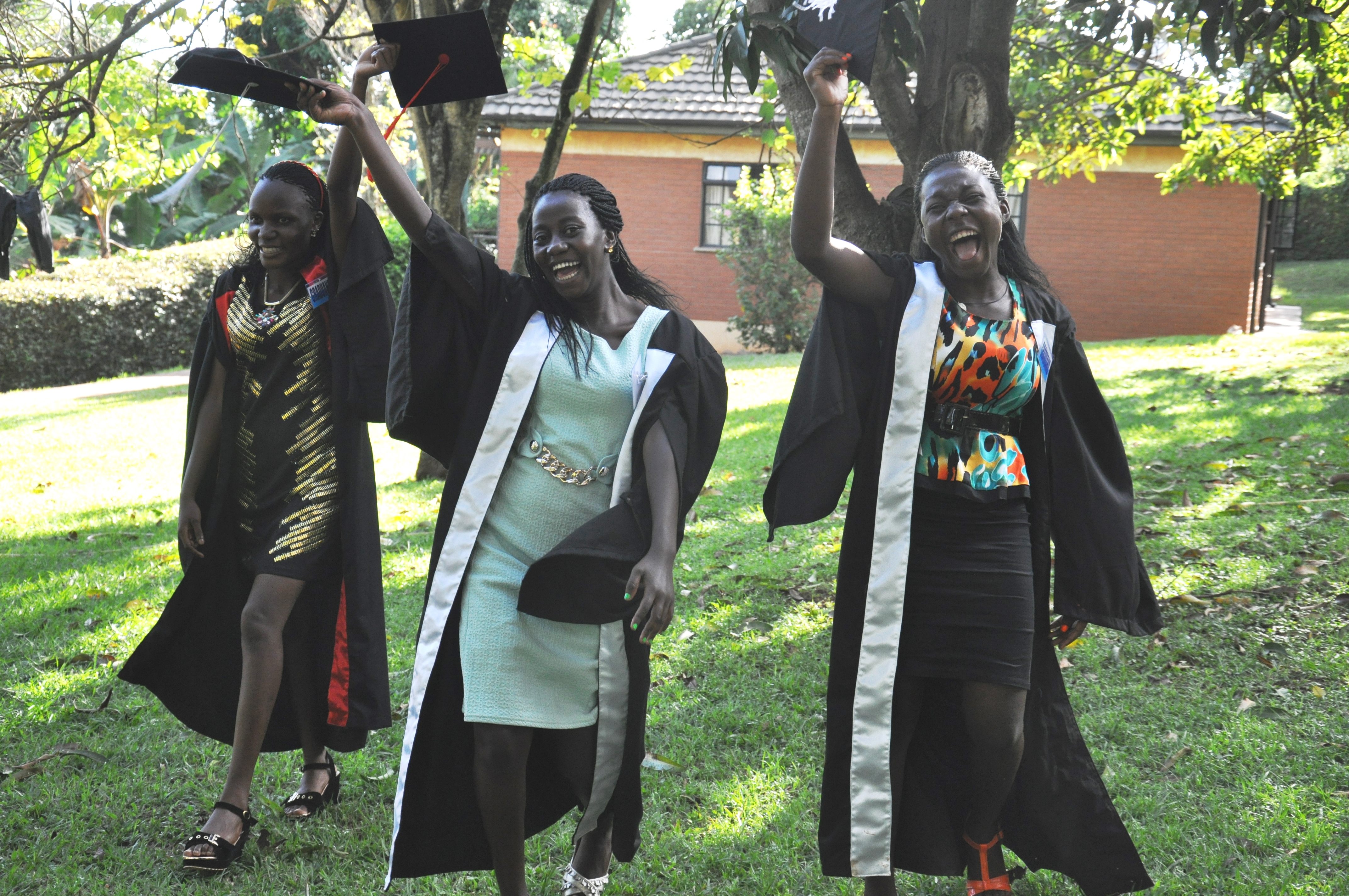Pockets of poverty in Entebbe mean that many children are disadvantaged
.jpg?width=800)
Entebbe is located on the northern shore of Lake Victoria and has a population of approximately 80,000. The city is home to Uganda’s only international airport and is therefore important in terms of trade and international relations. The population here is socially very diverse. Poverty levels have been on the decline in recent years, which means there has been an increase in permanently constructed houses, people attending social amenities, as well as more small businesses cropping up in the town. On the other hand, pockets of severe poverty remain: there are certain areas with a very high population density where living conditions remain harsh. In many cases, this persistent poverty is due to a lack of professional skills and hence employment opportunities, as well as a lack of capital, for example to start up a small business.
The conditions of poverty many people live in also have detrimental effects on the environment. When people are unable to find jobs, they resort to eking out a living in any way they can, for example through illegal fishing or logging, or by starting a family business without any capital to invest, which often means that conditions are unhygienic. Only around 70 per cent of households in Entebbe are supplied with potable water, and average water consumption on the whole is much lower than recommended – this, too, can have serious effects on health.
Early marriage and a lack of education can jeopardise chances in life
Furthermore, it is estimated that in the Entebbe region there are over 10,000 children who have lost the care of one or both of their parents, who live in destitute conditions, are neglected by their parents or have dropped out of school. The spread of HIV/AIDS in the region has further aggravated the situation, as new infections have been on the rise.
Almost half of all girls in Uganda are married off before their eighteenth birthday, which usually means the end of their education. In many cases, especially in agricultural or fishing communities, parents feel that rather than spending long hours at school, it is more important for their children to learn practical skills that they can apply in the short-term.
What we do in Entebbe
.jpg?width=800)
SOS Children’s Villages began its work in Entebbe in 2003. In recent years, we have expanded our family strengthening programme in the region so as to reach as many struggling families as possible. The aim is to alleviate hardship and maintain family stability so that children will be safe and protected and grow up in a loving home. The SOS Social Centre in Entebbe ensures that children have access to essential health and nutritional services, as well as education. We assist parents by providing guidance on income-generating skills and parenting practices, as well as counselling and psychological support where needed. In cooperation with local organisations, we also work towards strengthening the support systems for vulnerable families within the community.
The SOS Medical Centre attends to approximately 6,000 patients a year, providing basic medical care, preventive medicine, and a voluntary testing and counselling centre for those affected by HIV/AIDS. All services are open to the community, enabling many people to receive treatment who could not otherwise afford it.
For children from the region who are no longer able to live with their parents, twelve SOS families can provide a loving home for up to 120 children. In each family, the children live with their brothers and sisters, affectionately cared for by their SOS mother.
The children attend the SOS Kindergarten in Entebbe together with children from the neighbourhood, which ensures that they are integrated into the local community from a young age. The children then go on to attend local schools together.
Once young people reach an age where they are ready to move out of their SOS family home in order to pursue further education or vocational training, the SOS Youth Programme continues to support them throughout their transition into adulthood. They live together and, with the guidance of an SOS educator, they learn to take responsibility and prepare for independent life.